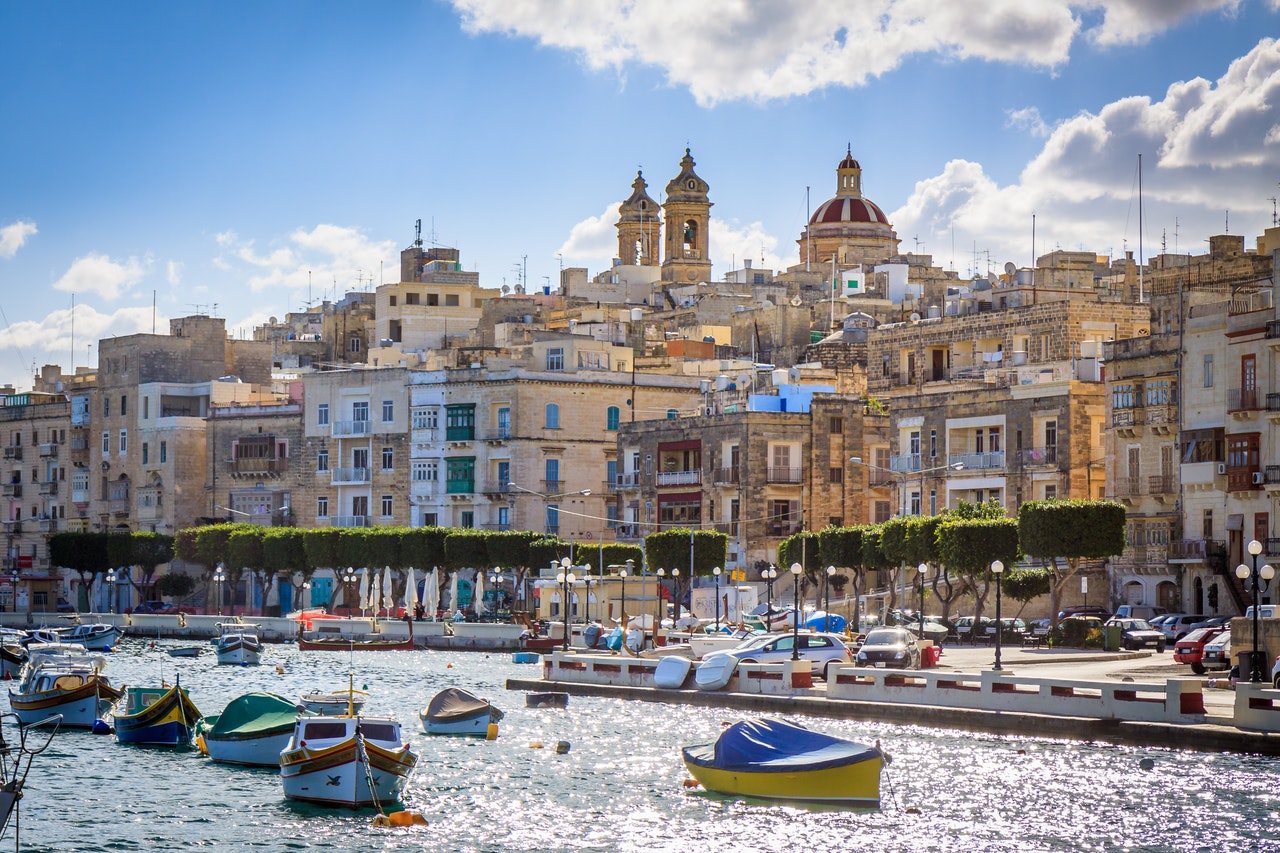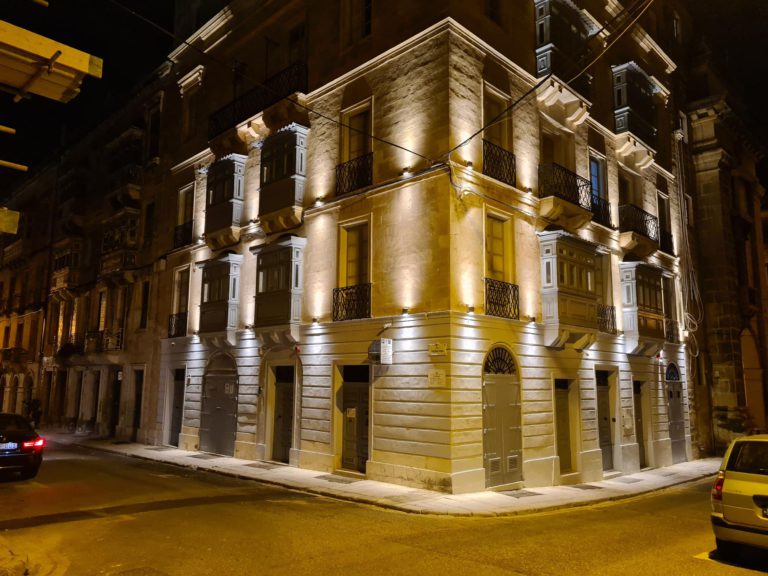Public debt continues to rise as the costly support measures extended during the COVID-19 pandemic give way to energy and fuel that are just as expensive, leading to a rise in public debt of aroud €880 million over the last 12 months.
According to the latest data from the National Statistics Office, Malta recorded a deficit of €359 million between January and August of this year, less than half the deficit recorded over the same period of 2021.
In the first eight months of 2022, recurrent revenue amounted to €3.6 billion, 12 per cent higher than the €3.26 billion reported a year earlier.
The economic recovery has resulted in additional income from VAT (€177.7 million), income tax (€126.9 million), social security (€80.9 million), reimbursements (€9.7 million), licences, taxes and fines (€8.9 million), rents (€2.8 million), and dividends on iInvestment (€2.6 million).
The rise in revenue was partially offset by decreases under miscellaneous receipts (€10.2 million), fees of office (€7.9 million) and customs and excise duties (€5.3 million).
By the end of August 2022, total expenditure stood at €3.98 billion, €1.3 million lower than the previous year.
During the reference period, recurrent expenditure totalled €3.5 billion, an increase of €39.7 million in comparison to the €3.48 billion reported in the first eight months of 2021.
The main contributor to this increase was a €38.4 million increase reported under programmes and initiatives. Furthermore, increases were also witnessed under personal emoluments (€15.2 million) and contributions to Government entities (€3.6 million).
This rise in expenditure outweighed a decrease under operational and mintenance expenses (€17.5 million).
The main developments in the programmes and initiatives category involved added outlays towards energy support measures (€62.2 million), economic stimulus payments (€48 million), social security benefits (€35.9 million), tax relief measures (€26.0 million), gas stabilisation fund (€10 million), and extension of the school transport network (€6.3 million).
This rise in programmes and initiatives was partly offset by a decrease under the pandemic assistance schemes (€149.9 million).
The interest component of the public debt servicing costs totalled €112.4 million, a decrease of €10.7 million when compared to the previous year.
By the end of August 2022, Government’s capital spending amounted to €352.8 million, €30.3 million lower than 2021.
This decrease resulted from lower expenditure towards road construction and improvements (€12.5 million), property, plant and equipment (€11.1 million), Gozo Aquatic Centre (€8.0 million), acquisitions of property for public purposes (€5.9 million), investments in physical assets (€4.2 million), national identity management system (€2.6 million) and ICT core services agreement (€2.8 million).
This decrease in capital expenditure was partially offset by increases under film industry incentives (€10.3 million) and Ta’ Qali National Park (€7.9 million).
The difference between total revenue and expenditure resulted in a deficit of €359.0 million being reported in the Government’s Consolidated Fund at the end of August 2022. Compared to the same period in 2021, there was a decrease in deficit of €390.1 million.
This difference mirrors an increase in total recurrent revenue (€388.8 million), coupled with a decrease in total expenditure, which consists of recurrent expenditure (€39.7 million), interest (-€10.7 million) and capital expenditure (-€30.3 million).
At the end of August 2022, Government debt stood at €8.56 billion, an increase of €874.5 million from the end of 2021.
The increase reported under Malta Government Stocks (€657.2 million) was the main contributor to the rise in debt. Higher debt was also reported under Treasury Bills (€163.5 million), the 62+ Malta Government Savings Bond (€93.3 million) and Euro coins issued in the name of the Treasury (€5.7 million).
This increase in debt was partially offset by a decrease in foreign loans (€0.1 million).
Finally, higher holdings by Government funds in Malta Government Stocks resulted in a decrease in debt of €45.1 million.
Self-employed, employees and companies contribute €2.1 billion in 2023
Parliamentary data reveals five-year growth trends in fiscal contributions
MFSA concludes review of Crypto-Asset Service Providers following MiCA implementation
The Authority provided clear expectations and guidance to address certain concerns.
Malta Development Bank to launch schemes supporting sustainable development and creative sector
In 2024, the MDB launched the SME Guarantee Scheme and the Guaranteed Co-Lending Scheme






